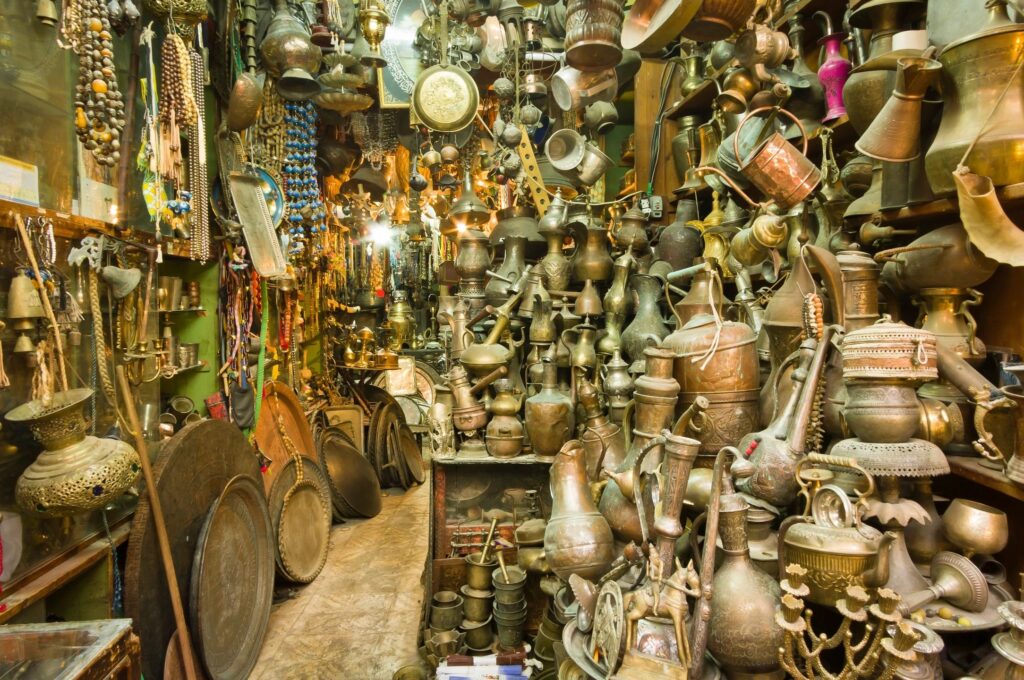
Being Especially Scrupulous Could Raise Risk for Hoarding
Ever bought something and then never gotten around to using it? Most of us don’t like that feeling. We naturally don’t want to see things go to waste.
For some of us, though, the feeling is stronger than others. So a team of researchers came up with a questionnaire for measuring material scrupulosity, which they define as “an exaggerated sense of duty or moral/ethical responsibility for the care and disposition of possessions to prevent their being harmed or wasted.”
In other words, someone high in material scrupulosity would go to great lengths to avoid letting their possessions be damaged or put to waste. Someone lower in material scrupulosity, on the other hand, would probably be more cavalier in their use of their belongings, not being bothered much if things ended up broken or wasted.
Seeing how people differ in material scrupulosity is interesting in its own right, but the researchers developed their questionnaire with a further goal in mind: they wanted to see how material scrupulosity related to symptoms of hoarding.
As it turned out, there was a strong relationship between material scrupulosity and hoarding symptoms. People who had higher levels of hoarding symptoms scored higher on material scrupulosity – especially on questions that related to difficulty discarding possessions, which is one aspect of scrupulosity.
Looking at which particular hoarding symptoms correlated with scrupulosity, the researchers found that people with high scrupulosity were especially likely to have strong feelings of being responsible for their own possessions. And an exaggerated feeling of responsibility toward ones possessions is a key element of hoarding.
Altogether, the researchers tested their questionnaire in three samples: a group of college students, a group of people with hoarding problems and a group of people from the general community. They concluded that it does seem to be possible to reliably measure differences in material scrupulosity in all these samples using the questionnaire. And their finding of a link between material scrupulosity and hoarding suggests this questionnaire might be helpful in better understanding and treating the factors involved in compulsive hoarding.